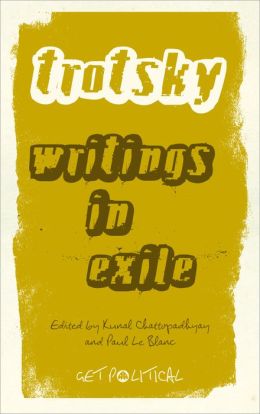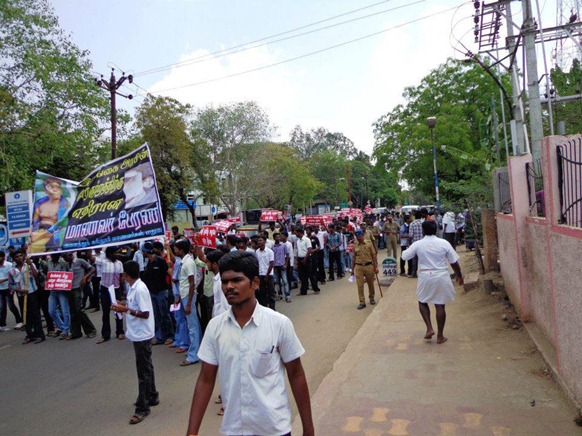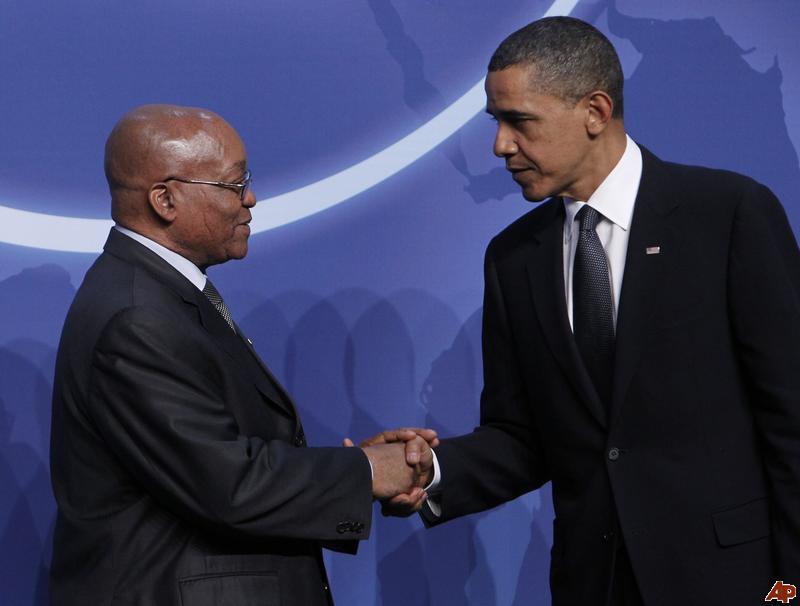Reducing production: How should socialists relate to struggles against capitalist growth

By Don Fitz
March 19, 2013 -- Links International Journal of Socialist Renewal -- The question is not should we advocate reducing production within capitalist society but rather: How do we best relate to those struggles that are already occurring? Activists across the globe are challenging the uncontrollable dynamic of economic expansion which threatens the survival of humanity. It has never been more urgent to provide a vision of a new society that can pull these efforts together.
France: Parti de Gauche launches ecosocialism manifesto; Jean-Luc Mélenchon on ecosocialism
Above and below, five-part video of Parti de Gauche leader Jean-Luc Mélenchon's seminar on the "Ecosocialist Revolution" presented on February 10, 2013, in Tunisia.
By Mathieu Agostini and Corinne Morel Darleux, Parti de Gauche, France.
March 29, 2013 -- Ecosocialisme -- On December 1, 2012, the Parti de Gauche (PdG, Left Party), organised a roundtable in Paris to discuss the ecosocialist project. This gave the opportunity to debate a new ecosocialist manifesto (Premier manifeste 18 thèses pour l’écosocialisme) around 18 themes. [PdG is a key part of the Front de Gauche, or Left Front (FdG), which is led by the PdeG's Jean-Luc Melenchon.]

March 15, 2013 -- Irish Left Review -- The following questions [in bold] and answers took place after a talk SYRIZA leader Alexis Tsipras gave to SYRIZA’s London branch in Friend’s House in Euston on March 15. The speech itself can be found here. Some of the questions have been condensed to remove lengthy preambles and/or tangents but they remain an accurate reflection of the query posed by the audience member.
Could you give us a few reflections on what we can learn from the left in Latin America and particularly the legacy of Hugo Chávez in Venezuela?
Review: Paul Le Blanc and Kunal Chattopadhyay’s Trotsky selection ‘a missed opportunity’

Review by Michael Fisher
From Bangui to BRICS: If you carve Africa, Africa may carve you too

South African troops in the Central African Republic.
Britain: Encouraging left regroupment/left unity initiatives

Ken Loach has called for a new left party in Britain.
Quebec and Quebec solidaire: Linking sovereignty, equality and anti-neoliberalism
Part 1.
By Richard Fidler
March 18, 2013 -- Left Streamed/Life on the Left -- Amir Khadir, one of Québec solidaire’s two deputies in Quebec’s National Assembly, was guest speaker at this year’s Phyllis Clarke Memorial Lecture in Toronto. It was a rare opportunity for an Anglophone audience to hear a presentation by a leader of Quebec’s pro-independence party of the left.
Khadir’s lecture was addressed primarily to outlining QS’s approach to international solidarity in the face of neoliberalism and capitalist globalisation. In the wide-ranging discussion period that followed, he spoke about the Quebec student movement, the relation between class and national questions, the aboriginal movement, the environment, how Québec solidaire sees the relation between electoral and mass action, and other topics.
Human Rights Council resolution on Sri Lanka crimes provokes huge protests

Student demonstration in Mathurai, Tamil Nadu, March 14, 2013.
Exclusive excerpt: 'One Day in December: Celia Sánchez and the Cuban Revolution'

The following is an excerpt from Nancy Stout's new book, One Day in December: Celia Sánchez and
BRICS: ‘Anti-imperialist’ or ‘sub-imperialist’?

South African President Jacob Zuma and friend.
Luis Bilbao: Hugo Chavez, internationalism and revolution

By Luis Bilbao